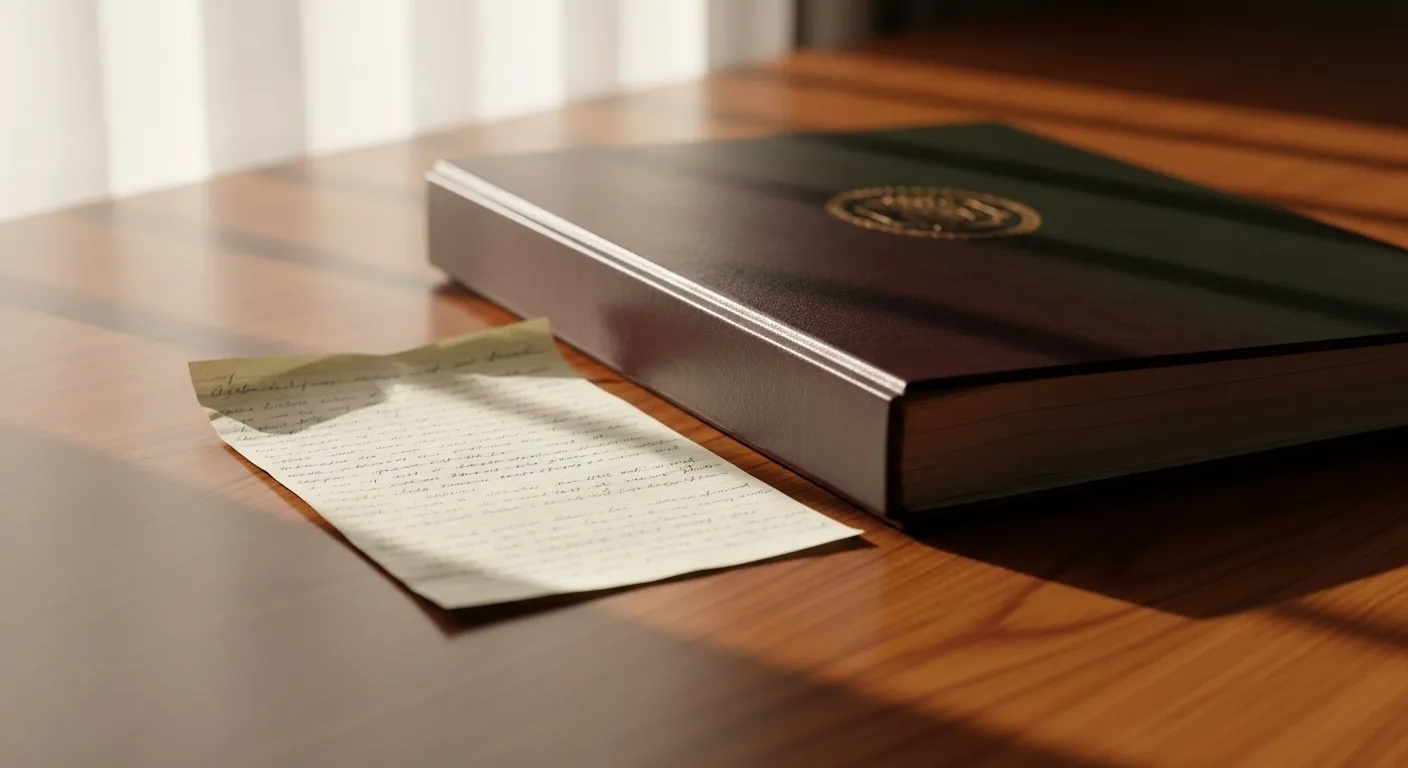
Frequently Asked Questions (FAQs)
Navigating the details of estate planning can bring up many specific questions. Here are answers to some of the most common ones we hear from our readers.
Can I just write my will on a piece of paper by hand?
A handwritten will, known as a “holographic will,” is recognized as legally valid in some, but not all, states. However, the states that do allow them have very strict requirements. Typically, the entire will must be in the testator’s own handwriting, and it may not require witnesses. Because the rules are so specific and vary widely, and because they are often challenged in court, relying on a holographic will is generally not a good idea. It’s a last resort, not a reliable planning tool.
What happens to my will if I move to another state?
Generally, a will that was legally executed in one state will be considered valid in another state under a legal principle known as “full faith and credit.” However, your new state may have different laws regarding things like marital property (e.g., community property vs. common law states) or the powers granted to an executor. While your will won’t be invalid, it’s a very good practice to have it reviewed by an attorney in your new state of residence to ensure it still functions as you intend.
Does my will cover my 401(k) or life insurance policy?
This is a critical point that bears repeating: no, your will does not control assets that have a beneficiary designation. These are sometimes called “non-probate assets.” The beneficiary form you filled out for your 401(k), IRA, life insurance, pension, or payable-on-death (POD) bank account acts as a direct contract with the financial institution. That designation will always override what is written in your will. It is essential to review these forms regularly to keep them aligned with your wishes.
Where is the best place to store my original will?
Your original will is a unique and powerful document, so it must be kept safe. A fireproof box or a secure file cabinet in your home is a good option. You should tell your executor where it is and ensure they can access it. Storing your will in a safe deposit box can sometimes be problematic, as the bank may seal the box upon your death, requiring a court order for your executor to open it. It’s wise to give a copy (clearly marked “COPY”) to your executor but to keep the original in a place they can easily and legally access.
How often should I really update my will?
There are two primary triggers for updating your will. The first is time: it’s a good habit to review your will and other estate planning documents every three to five years to ensure they still reflect your wishes. The second, and more important, trigger is life events. You should immediately review and likely update your will after any major change, including marriage, divorce, the birth or adoption of a child, the death of a person named in your will, or a significant increase or decrease in your assets.
Disclaimer: The information provided on this website does not, and is not intended to, constitute legal advice; instead, all information, content, and materials available on this site are for general informational purposes only. Information on this website may not constitute the most up-to-date legal or other information. Readers of this website should contact their attorney to obtain advice with respect to any particular legal matter.
For official information, consult government resources like USA.gov, the Consumer Financial Protection Bureau (CFPB), and the Federal Trade Commission (FTC).
For tax-related topics, refer to the IRS. For information on Social Security, visit the Social Security Administration.
Ultimately, the choice between a DIY will and an attorney-drafted one is a personal risk assessment. A DIY will is certainly better than no will at all. For those with simple, straightforward lives, it can be an effective and affordable solution. However, as financial or family complexity grows, so does the risk of a DIY mistake. The true value of an attorney is not just in the document they produce, but in the personalized guidance they provide, ensuring that the legacy you leave is the one you truly intend.




